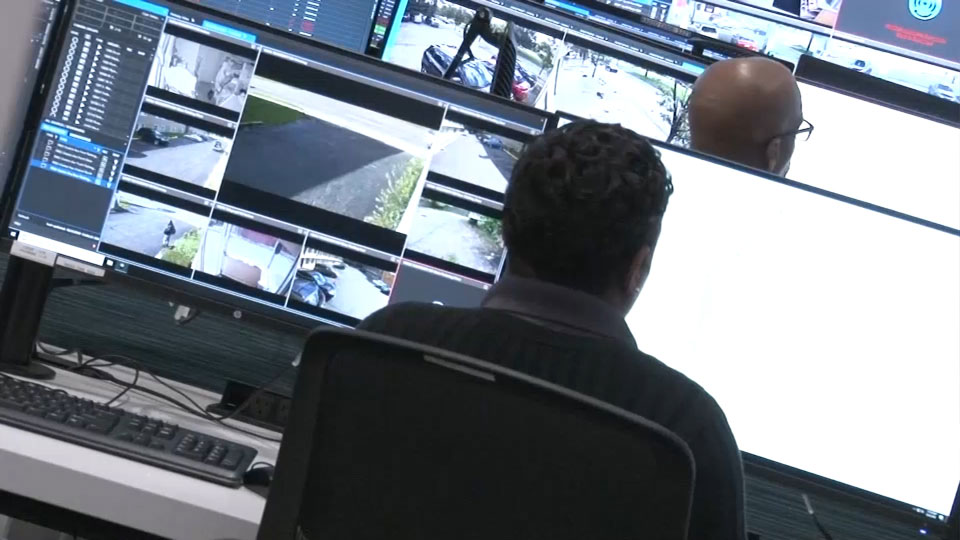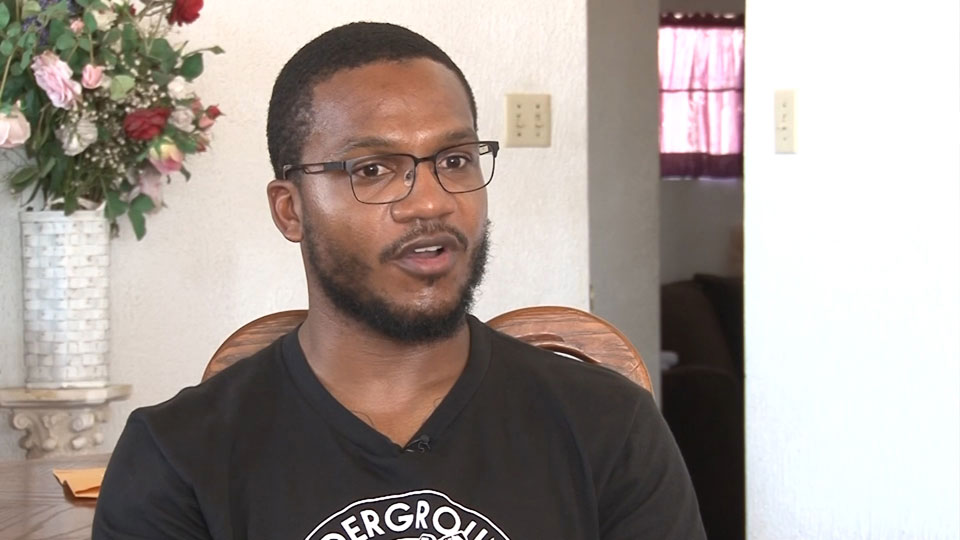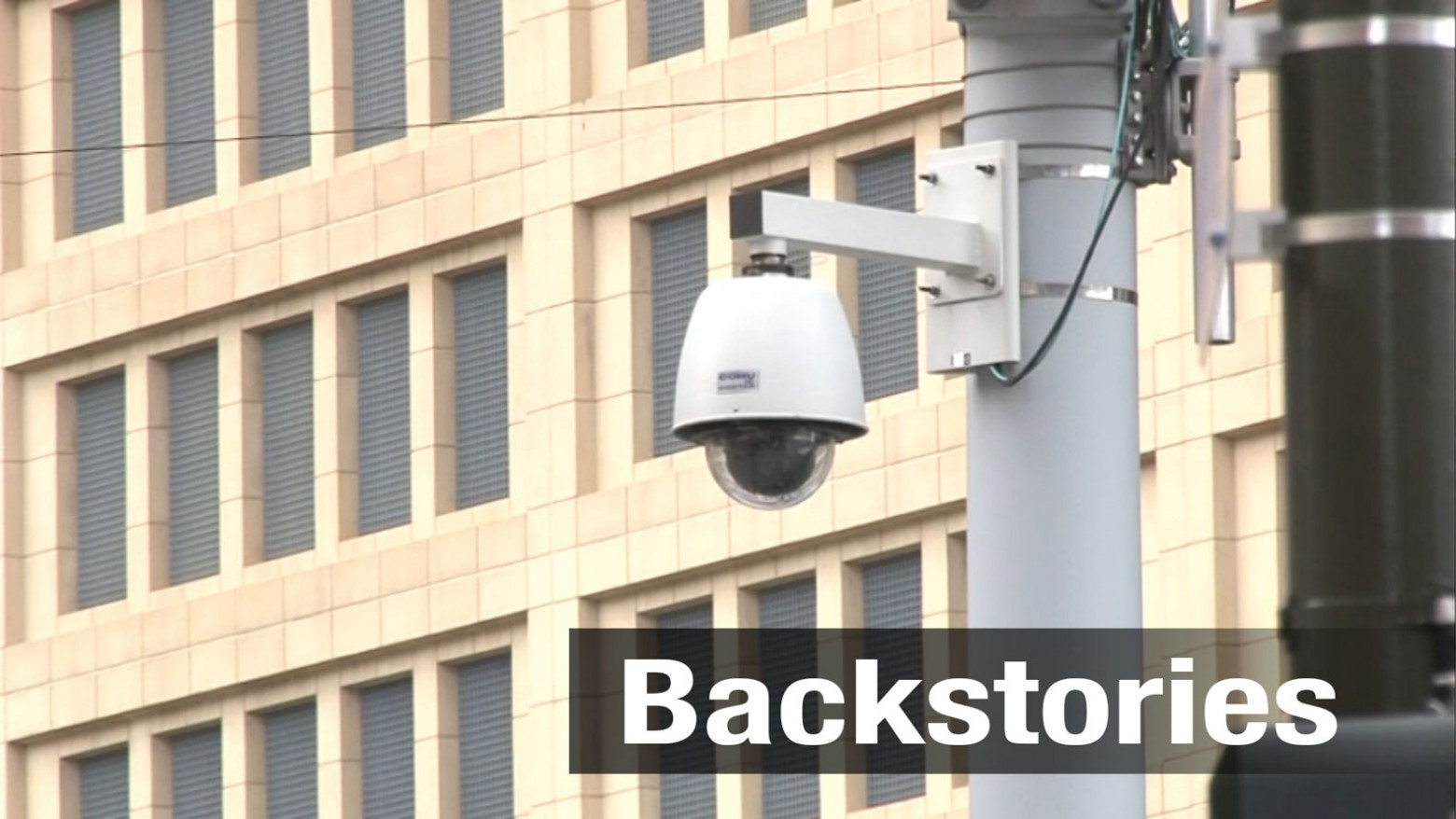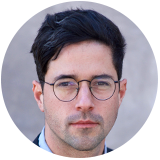The operations room of Detroit’s Crime Intelligence Unit is packed with screens, surveillance monitors and high-tech systems. It evokes the most futuristic scenes from science fiction.
But one of the tools used here and at other police departments around the US is drawing the attention of watchdog groups, privacy advocates and even some elected officials.
Facial recognition software matches surveillance footage of criminal suspects with photos from police databases. Critics say the technology infringes on privacy rights and are pushing for more stringent regulations. Outright bans have been enacted in Cambridge, Massachusetts, and San Francisco, California, among other cities.
"The law in the US is not keeping up with the technology," says Dave Maass of the Electronic Frontier Foundation, a digital rights advocacy group based in San Francisco. "In the US, we have this idea that police shouldn’t be stopping you and asking you for your I.D. without any suspicion of you being involved in a crime. But they don’t have to get your I.D. if they can take a picture of you and forcibly run it against a data set."

Police chief James Craig of the Detroit Police Department, which approved the use of facial recognition last September despite public outcry, is adamant this is not how his department uses the technology.
"We only use the software if we’re addressing a violent crime," Craig says. "If you steal a candy bar or have warrants out for traffic, we don’t use it."
"This technology expedites our ability to locate and identify a suspect and it saves us tremendous time," he adds.
But elsewhere in the country, legislators have decided the convenience of facial recognition doesn't outweigh the risks on civil liberties. Last year, California banned the use of the technology in police body cameras, saying the software isn’t reliable enough.
"We know there is a huge, huge opportunity for error with facial recognition software," says state legislator Phil Ting, who sponsored the ban. "It’s very concerning to think that people might be falsely accused of crimes they didn’t commit."
While regulations are emerging at the local and state levels, no comparable nationwide restrictions are currently being considered.

Federal law enforcement agencies like the Marshals Service and FBI, which declined to comment for this article, tend to be less transparent about their investigative methods than municipal police departments. But Aaron Harvey, a San Diego man once arrested by a Marshal on a gang-related charge, says the technology they have access to is frighteningly powerful.
Harvey, whose case was eventually thrown out, says the Marshal told him they had tracked him down using traffic intersection cameras, which took pictures of his license plate and his face inside the vehicle. Harvey believes these photos may have then set off an alert in a database or federal mug shot repository.
"So they were taking a picture of me and the license plate," Harvey said. "So every car that goes through these intersections, a picture of them is being taken."

